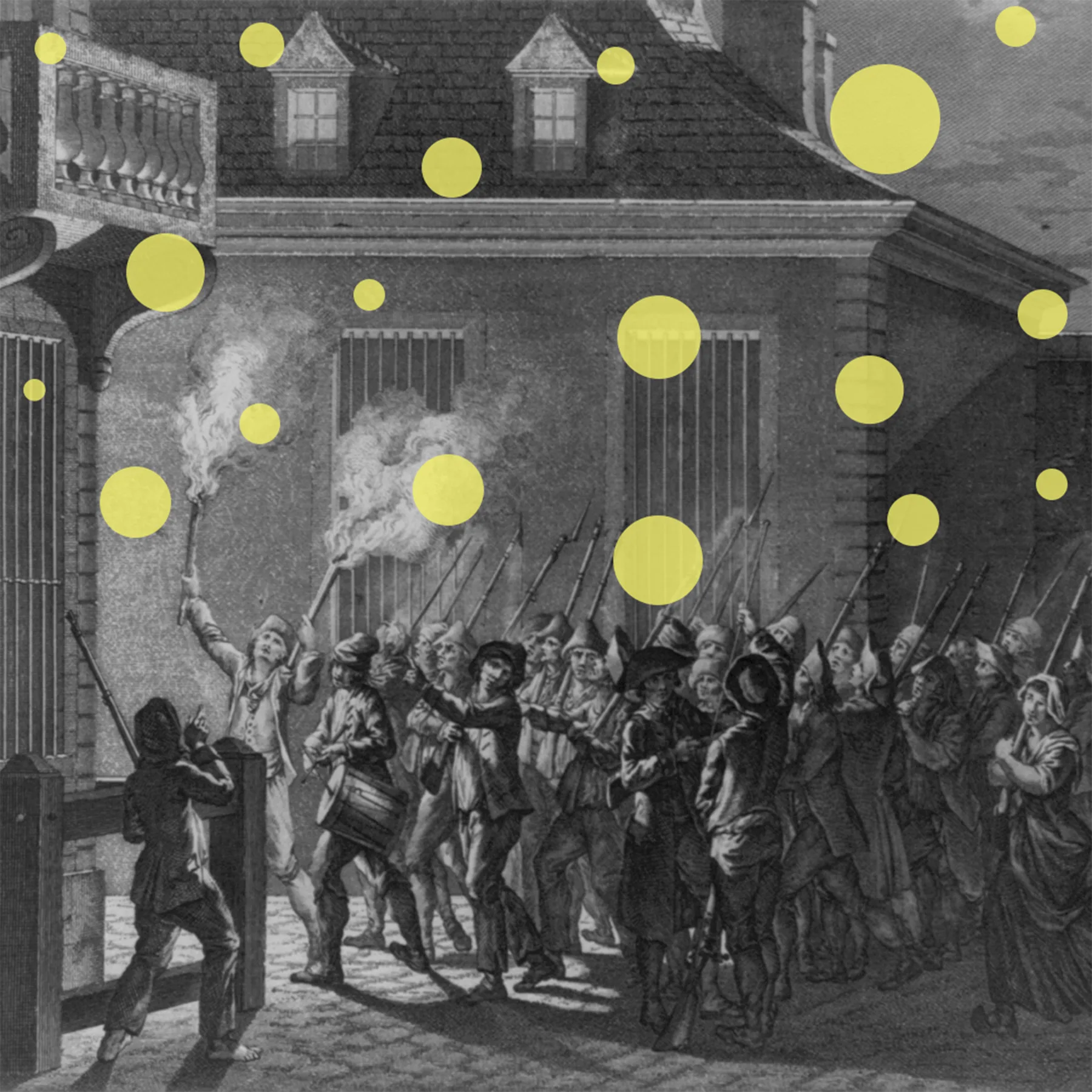When do high taxes become so burdensome that people revolt? The French Revolution offers insights for policymakers today.
Research by Harvard Business School Assistant Professor Marco Tabellini gathers new “systematic evidence” of how heavy taxes that offered little in return led to riots that culminated in the overthrow of the French monarchy in the 1790s. He and his coauthors found that protests tended to arise most in areas bordering low- and high-tax areas and that moving to the latter fueled a 68 percent surge in protests.
Taxes continue to be a political flashpoint around the world, fueling populist sentiment. Back in the Ancien Régime, the salt tax (or "gabelle du sel," in French) was considered one of the most burdensome and unpopular levies. By 1789, when the revolution started, the salt tax made up nearly a quarter of royal revenues and varied across regions.
The area around Paris was called “Pays des grandes gabelles,” or “country of high salt tax.” Researchers estimate that the levy was so high in the Paris region that salt sold for as much as 10 times its actual cost. In 2021 euros, an average French household would pay approximately 805 euros (roughly $945) in the low-tax region compared to 4,189 euros in the high-tax zone, notes the working paper “Extractive Taxation and the French Revolution.”
Tabellini coauthored the paper with Tommaso Giommoni, an assistant professor at the Amsterdam School of Economics at the University of Amsterdam, and Gabriel Loumeau, an assistant professor at the School of Business and Economics at Vrije Universiteit Amsterdam.
The team found that riots spread across France between 1750 and 1789 but were “more likely to occur around the salt tax borders.”
According to the analysis, moving from a low-tax area to a high-tax area increased the number of riots by 68 percent, indicating a strong connection between higher taxes and public unrest.
Why did the impact of the salt tax peak in the 1780s? Researchers point to the local weather conditions during that decade, documenting that droughts followed by harsh winters increased wheat prices, which heightened discontent, intensifying the impact of the gabelle du sel on riots.
“This suggests that the drought and subsequent price increases may have acted as a spark on land already parched by salt taxation,” the researchers note.
A direct link to the rebellion
To tie the salt tax to the French Revolution, the authors focused on the violent uprisings that followed the storming of the Bastille in Paris on July 14, 1789, known as the Great Fear.
“Exploiting newly geo-referenced data, we document that high tax areas were more likely to host an initial revolt that was subsequently followed by many other riots. We also show that, during the Great Fear, revolts propagate more in high tax areas,” the authors write.
Using data from the archives of France’s National Assembly, the researchers found that:
Municipalities with higher salt taxes submitted more complaints about taxation in the list of grievances collected by the king in spring 1789.
Legislators from areas with higher salt taxes were more likely to advocate for the end of the monarchy and support the death penalty for the king.
Extractive taxation undermined the monarchy and contributed to increasing discontent among the people, while also making communities poorer, say the researchers.
“Our paper emphasizes the risks of political exclusion: when taxation is imposed without representation, it can become a catalyst for popular unrest and regime change, especially following negative economic shocks,” the authors wrote.
Image: Ariana Cohen-Halberstam with asset from Library of Congress/ Pierre Gabriel Berthault.


